TLDR;
You can typically start eating spicy food 7 to 14 days after wisdom teeth removal, but only if you're no longer experiencing pain, swelling, or signs of slow healing. Always wait for your dentist’s green light and start with mild spices to avoid complications like dry socket or irritation.
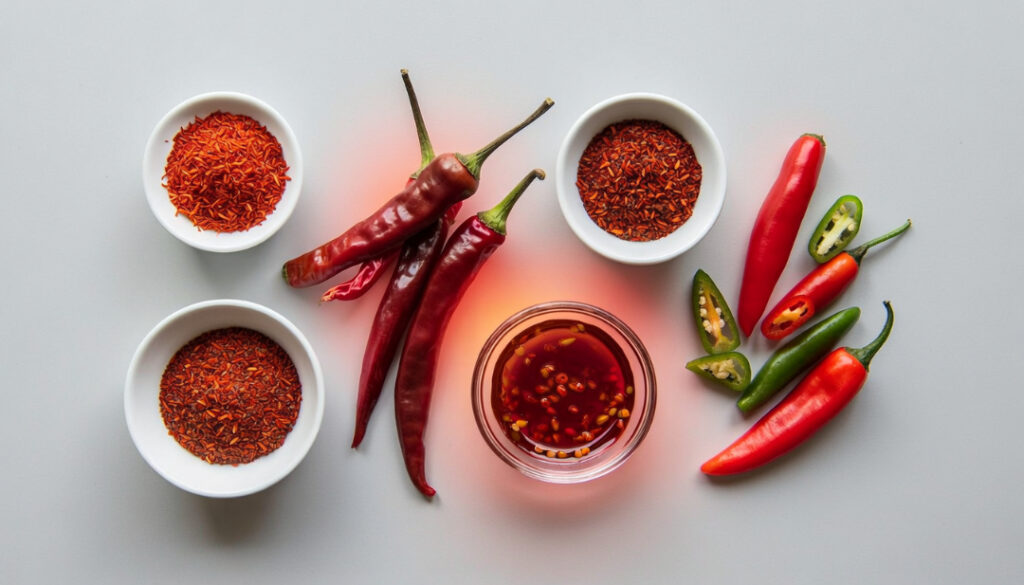
Wisdom teeth removal is a common oral surgery, but returning to your favorite meals—especially spicy ones—requires caution. At Buford Dentist, we often get asked: “When can I eat spicy food again?” The answer isn’t one-size-fits-all.
Spicy food can:
That’s why a conservative approach to post-surgery meals is vital.
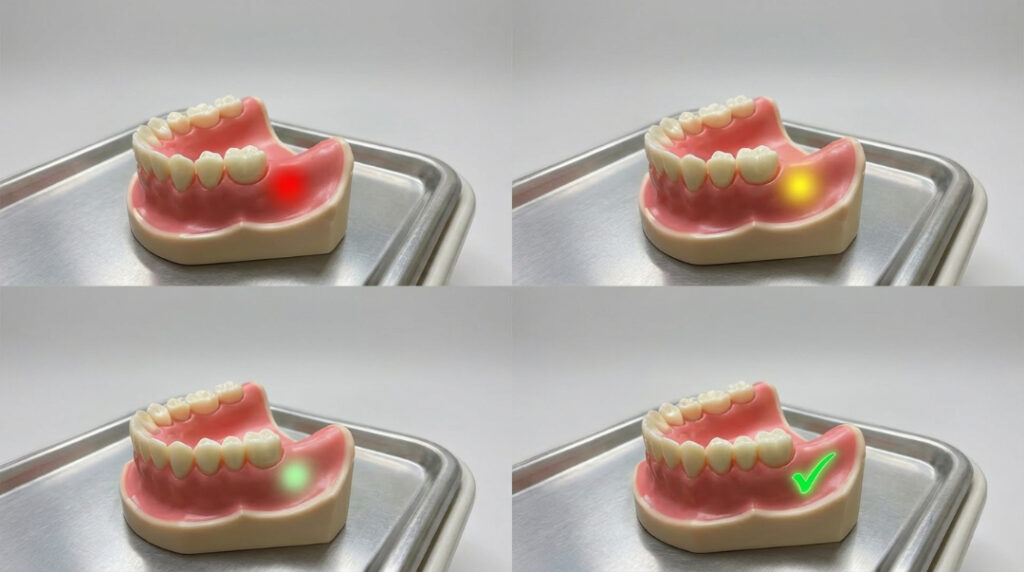
After extraction, your mouth goes through several healing phases. Knowing these helps you decide when it’s safe to eat spicy foods again.
Day 1–3: Blood Clot Formation
Day 4–7: Early Healing Begins
Week 2–3: Continued Healing
Week 4 and beyond: Bone and Tissue Maturity
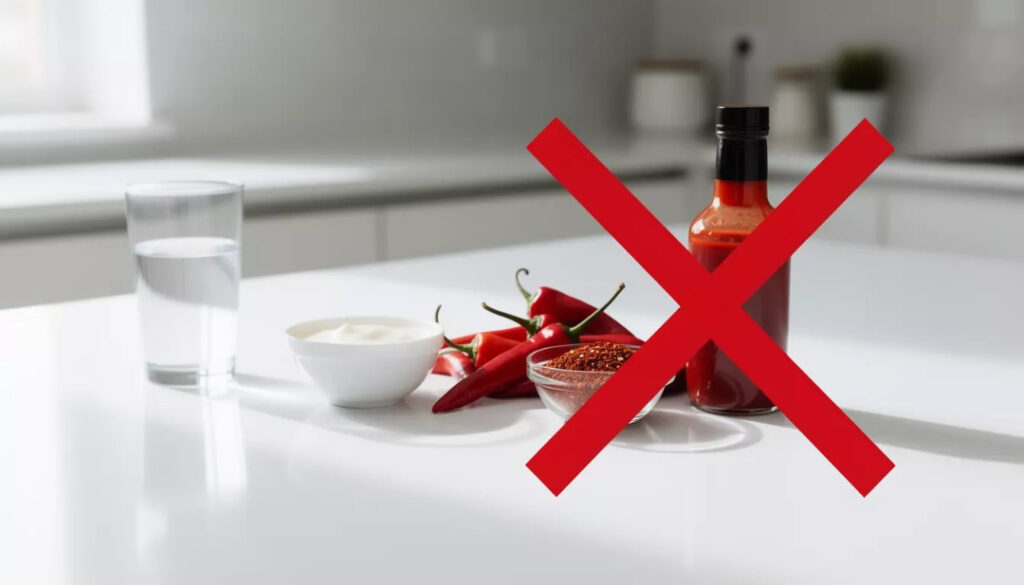
Eating spicy foods too soon can cause:
Capsaicin, the compound in spicy food, acts like sandpaper on a wound—it doesn’t just burn; it disrupts the healing tissue.
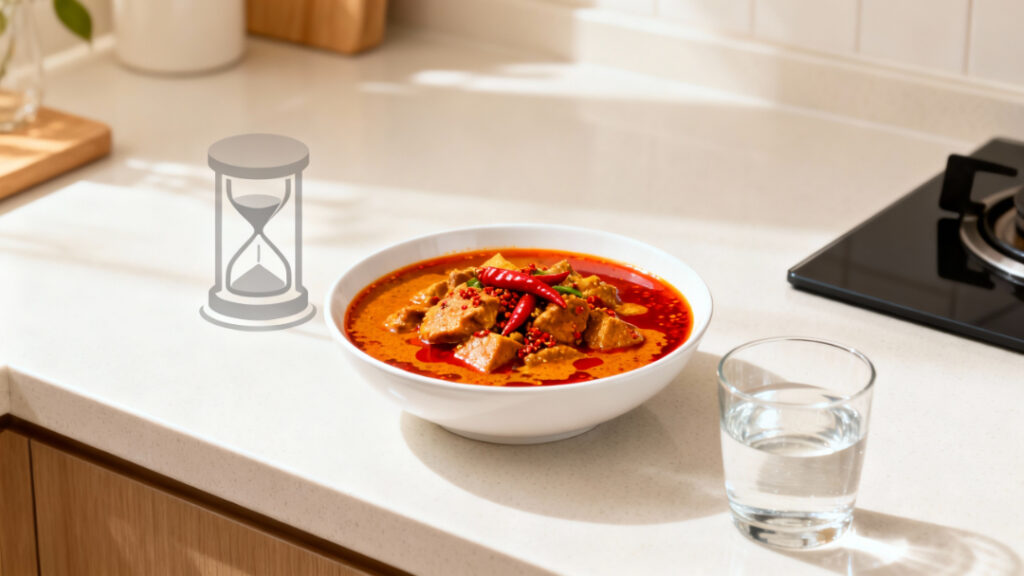
There’s no perfect calendar date, but general guidelines are:
Minimum of 7 days for straightforward extractions
Up to 14 days for more complex or surgical removals
Longer for smokers, diabetics, or those with poor healing
These timelines can vary, so always consider your individual recovery progress. If you're unsure about how your healing is going, consult your provider — especially if you're still early in your recovery from a tooth extraction.
Before trying spicy food again, ask yourself:
Has the pain fully stopped?
Is there no swelling or redness?
Are you able to eat solid foods without discomfort?
If you answered yes to all three, you may cautiously test with mild spice.
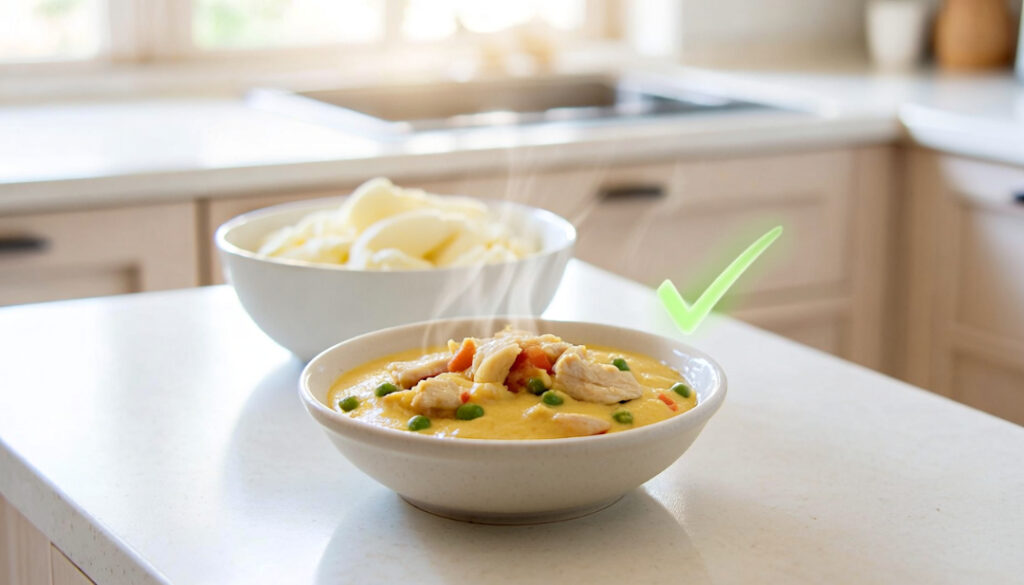
Look for these recovery milestones before spicing up your meals:
If you still feel pressure or sensitivity in the area, wait a few more days.
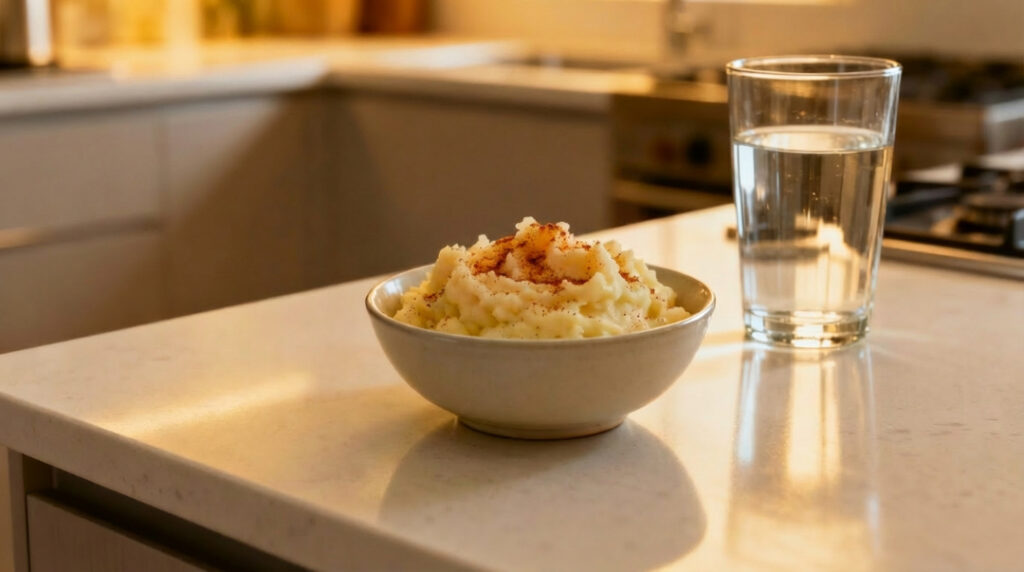
When you finally indulge in spicy food again, ease back in. Here’s how:
If you feel a burn or sharp pain, stop and wait a few more days.
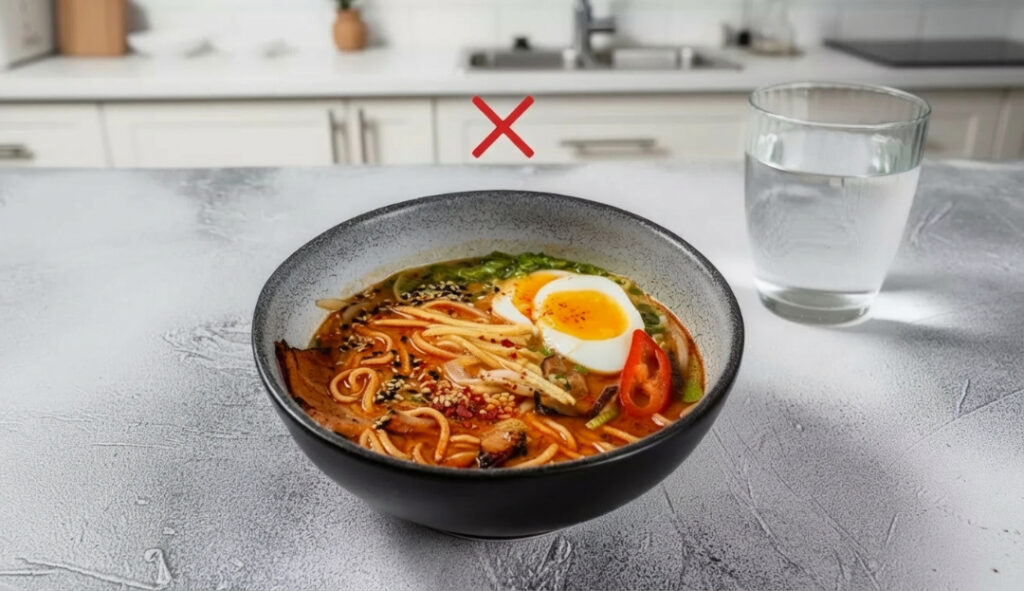
Even after your stitches are gone, some foods can cause setbacks. Avoid:
Crunchy foods (chips, popcorn, nuts)
Acidic items (citrus fruits, vinegar-based sauces)
Sticky sweets (caramel, chewing gum)
Hot soups and beverages that can irritate tissues
Drinking coffee after wisdom teeth removal, especially if it’s hot, can also pose a risk by irritating healing tissues or dislodging the clot
Alcohol and smoking—these slow healing and increase dry socket risk
Stick to soft, nutrient-rich foods like mashed potatoes, scrambled eggs, and smoothies.
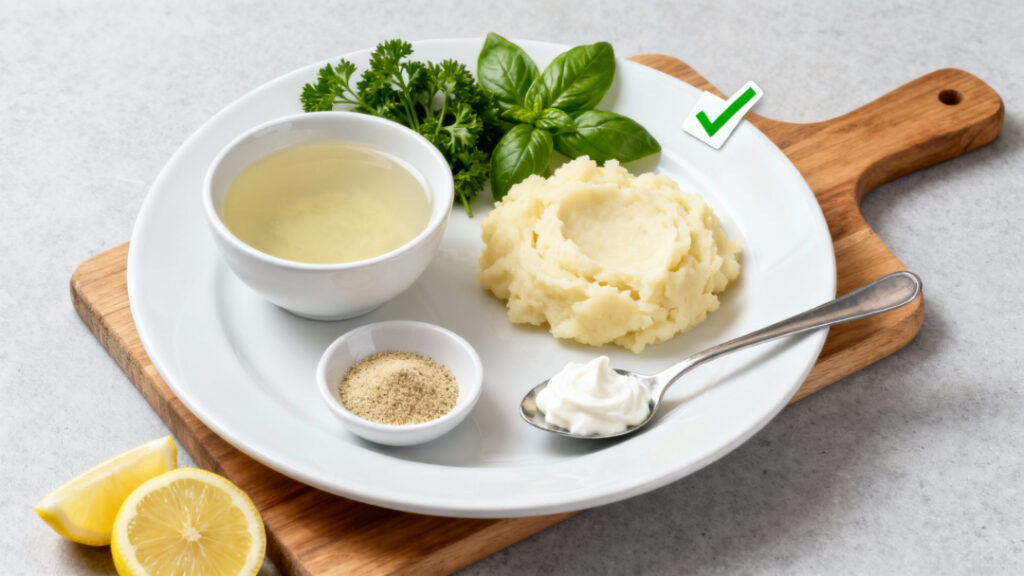
Craving flavor without the heat? Consider:
These keep your meals tasty while staying gentle on your gums.
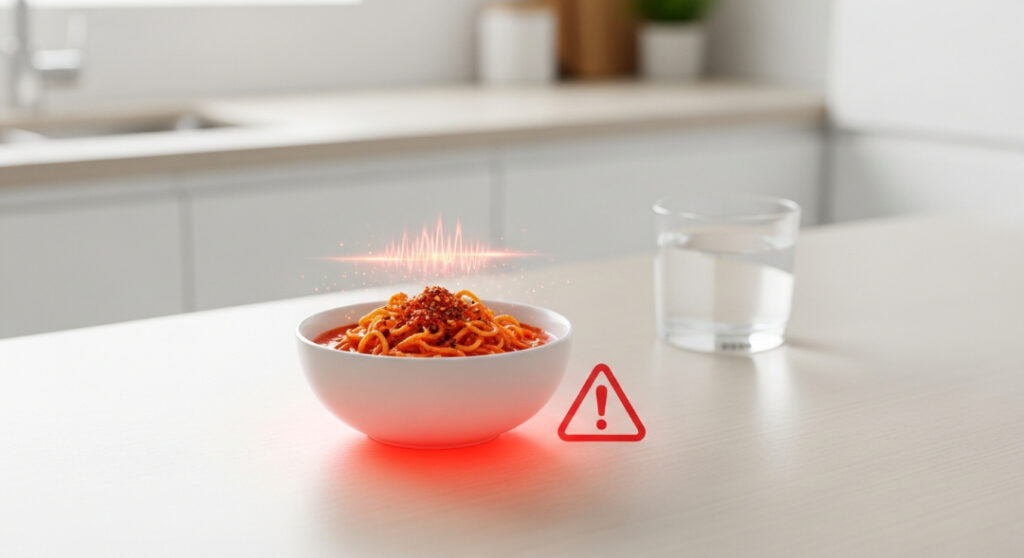
If you’ve tried spicy food and noticed discomfort, don’t panic—but don’t push through either.
Stop and:
Early action helps prevent complications.
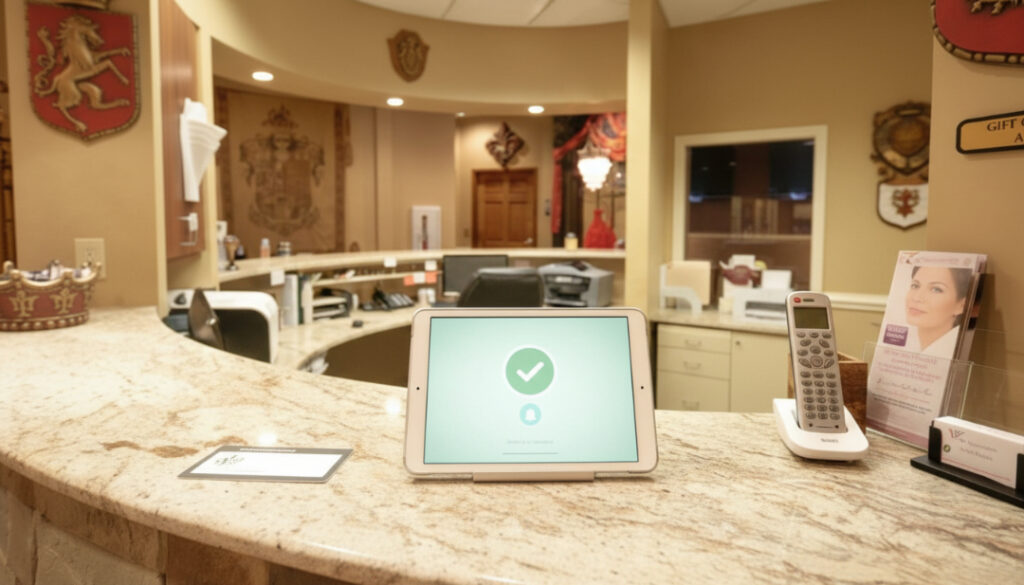
While general advice is helpful, your healing is personal. Consult your dentist if:
At Buford Dentist, we provide personalized aftercare plans to guide your diet, hygiene, and recovery. Never hesitate to ask questions—it’s better to delay spicy food than to delay healing.
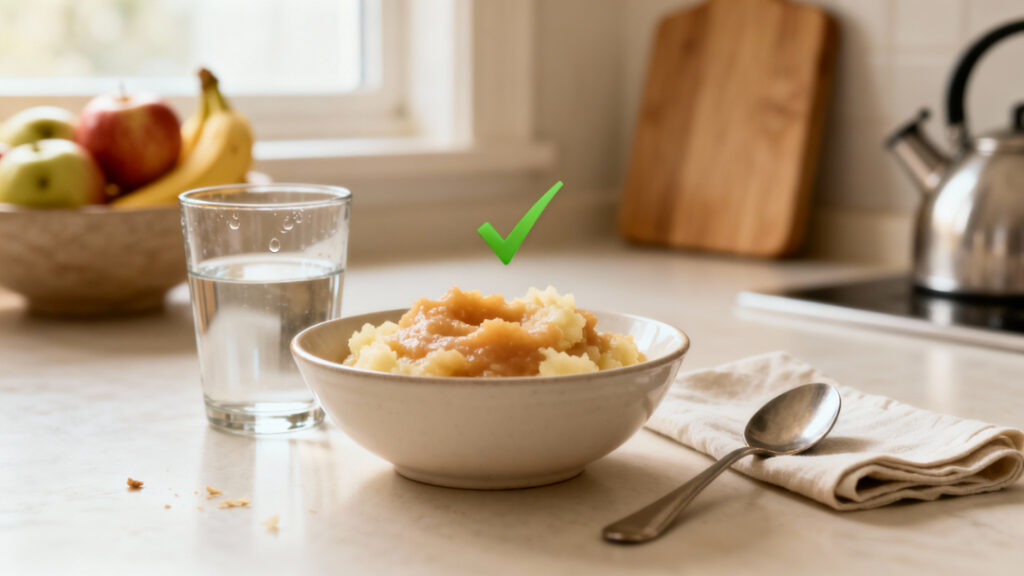
Here’s a simplified guide to eating after wisdom teeth removal:
First 24 hours
Days 2–3
Days 4–7
Week 2 and beyond